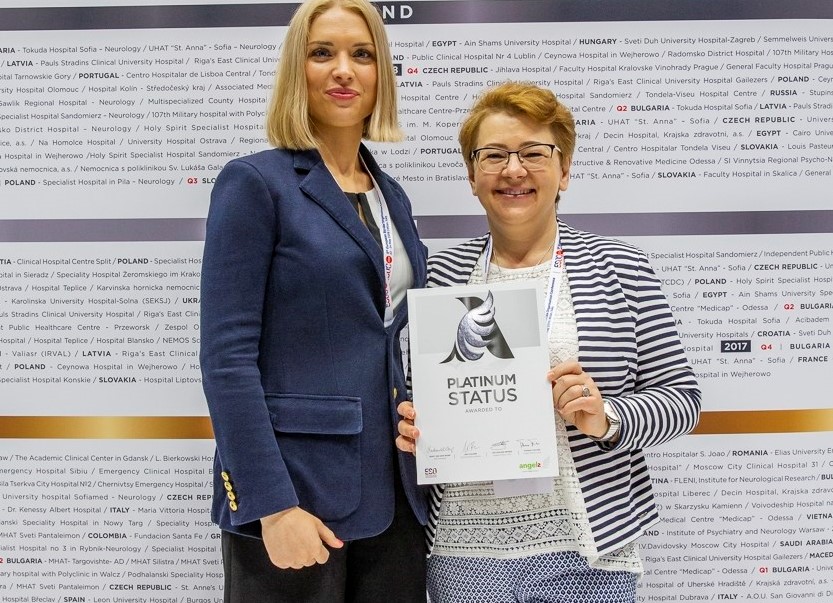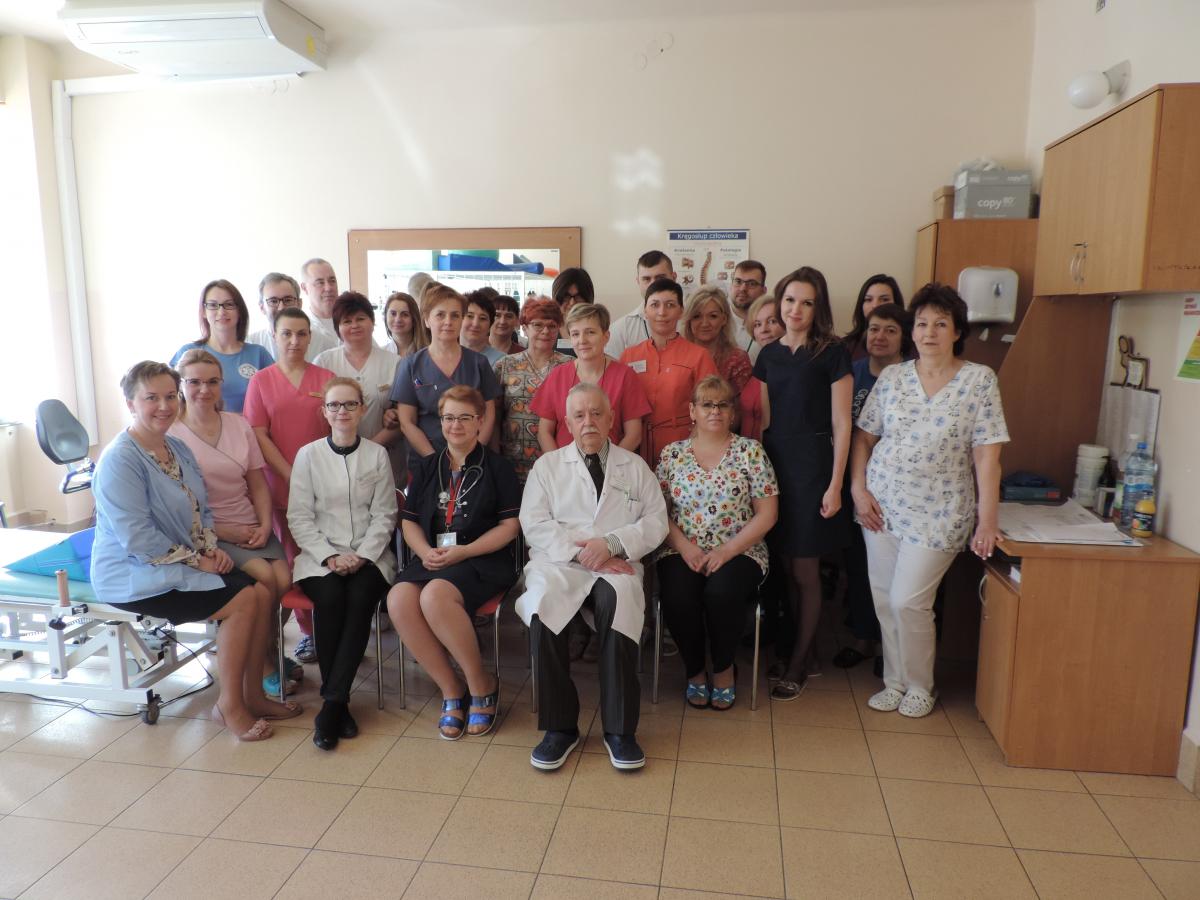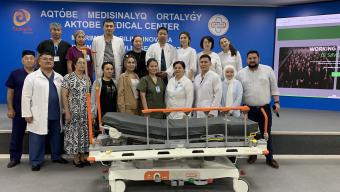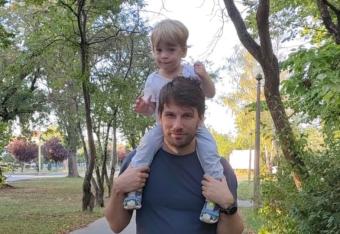Skarżysko-Kamienna Hospital is the only hospital in a small town of 50,000 residents in central Poland, treating approximately 350 stroke patients every year, writes Dr Małgorzata Fudala, Head of the Stroke Unit at the hospital.

Albert Einstein famously defined insanity as doing the same thing again and again but expecting different results. That is clear – if one wants to improve, one must start doing something differently. In our case, this began as soon as we started conducting quality monitoring.
Skarżysko-Kamienna Hospital is the only hospital in a small town of 50,000 residents in central Poland, treating approximately 350 stroke patients every year. The stroke unit has been performing intravenous recanalization therapy for stroke patients for many years, with a yearly treatment rate of 10%. There was no data on quality of care or treatment results, so we thought we were doing alright.
At the end of 2017, we retrospectively established that our average door-to-treatment (DTT) time had been over 90 minutes, with 30% of treatments administered after more than 120 minutes. Our good spirit instantly vanished.
Around the same time, an opportunity to cooperate with Angels Initiative arose. Our stroke team conducted a brainstorm session together with our Angels Consultant, which resulted in the following list of concrete actions:
- Update of recanalization procedure with special emphasis on monitoring patient's pathway in hospital and doctor's personal supervision.
- RES-Q Registry – entering data of all stroke cases since March 2018 and doing periodic analysis
- Conduct a series of training courses for Ambulance Services
- Simulation of stroke treatment pathway in the hospital – 25 minutes DTT time!
- Possibility of bedside INR testing.
- Introduction of GUSS test as a standard screening test for dysphagia.
In the past 6 months we have succeeded in increasing our recanalization rate up to 17% (in the first quarter of 2019 – up to 23%!) and decreased the average DTT time by half – to 47.5 minutes. The most important factors were quality monitoring and a shift in the team’s attitude, leading to a heightened sense of responsibility, more enthusiasm and better teamwork. Data from RES-Q Registry informed us what we did well and what needed to be improved, which helped us earned 1 Gold and 2 Platinum ESO-Angels Certificates so far.
The next step is to further reduce our DTT time by another 15 minutes and participate in the QASC project, which aims to improve patients' care by implementing nurse interventions concerning hyperglycaemia, hyperthermia and dysphagia.
We have achieved all of this without any additional funding. Our journey to optimising care for stroke patients has only just begun. With quality monitoring and the right mindset in place, we are confident we will continue to improve.




